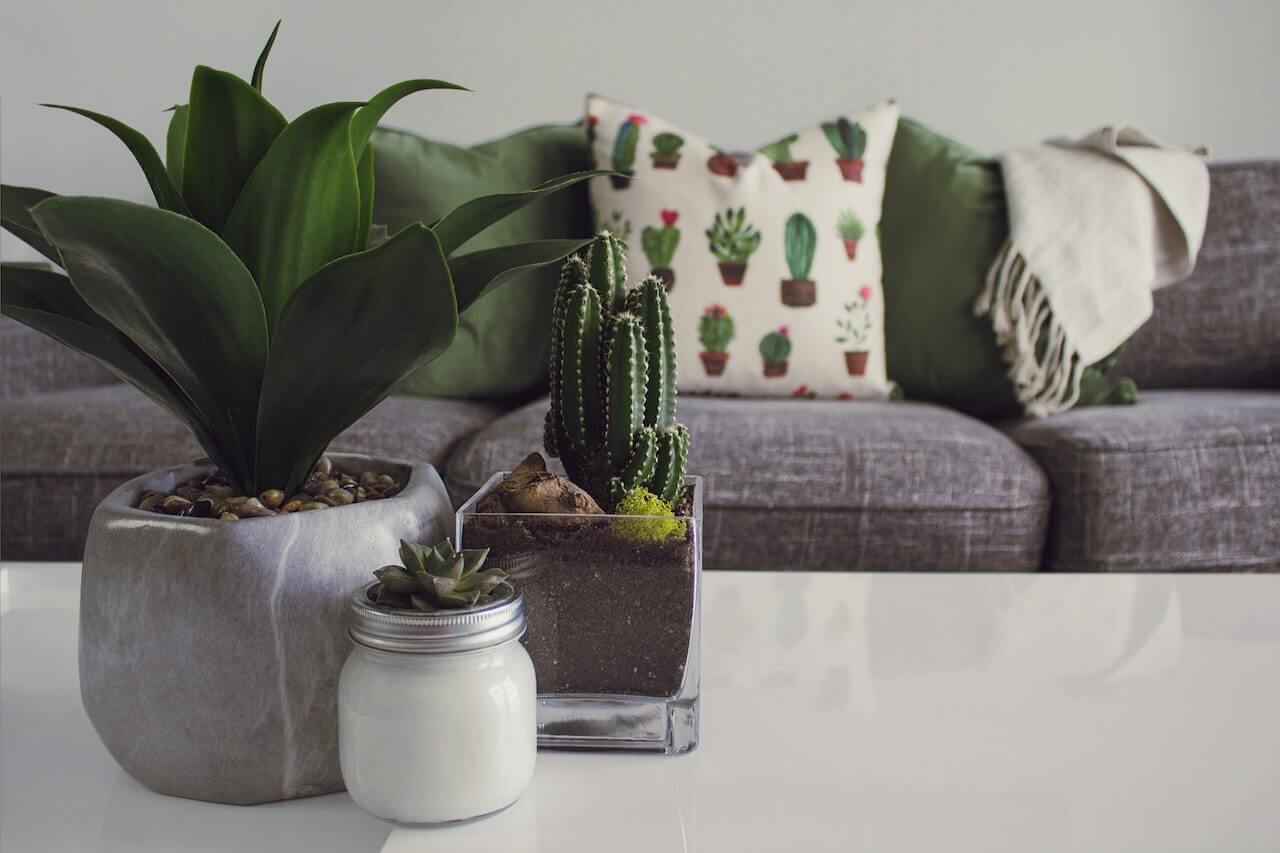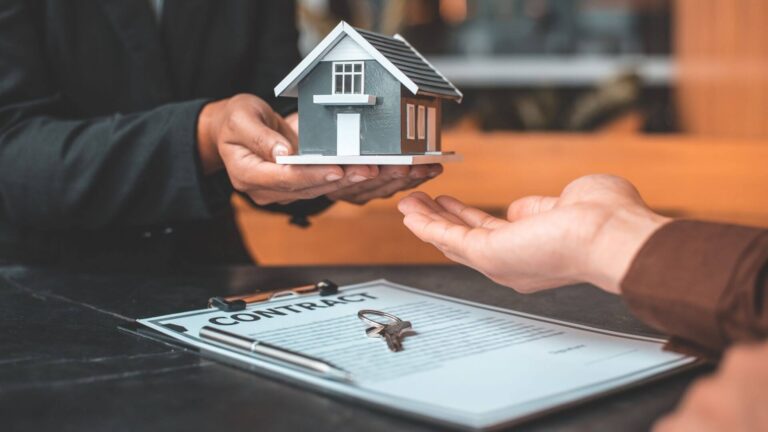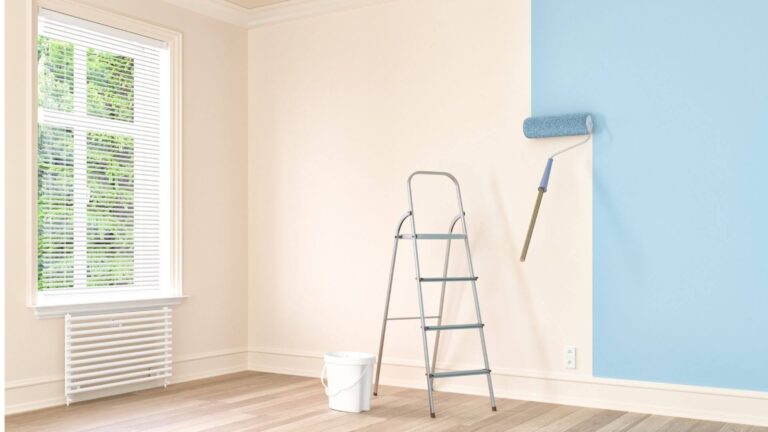Introduction
On a sweltering summer day, do you ponder how long it takes for your air conditioner to cool your home? It is a query frequently posed by homeowners. Understanding the factors that affect cooling time will allow you to better plan and optimize the performance of your air conditioner. This article will explore the topic of how long it takes for an air conditioner to chill a residence and provide helpful insights and advice.
Aspects Influencing Cooling Time
Several factors determine how quickly an air conditioning system will effectively calm your home. These elements include:
1. Home Dimensions and Layout
The cooling time of your home is significantly influenced by its size and layout. Comparatively, larger residences with multiple floors and areas will require more time to cool. The number of windows and doors, as well as the level of insulation, can also affect the cooling process.
2. Outdoor Temperature
The outdoor climate also affects how quickly your air conditioner can cool your residence. When the outdoor temperature is excessively high during the summer, your air conditioner will have to work harder to lower the indoor temperature, resulting in lengthier cooling periods.
3. Temperature Settings
The temperature settings on your thermostat have a direct effect on the duration of chilling. If you lower the thermostat setting, it will take longer for the air conditioner to attain the desired temperature. When establishing your thermostat, it is essential to strike a balance between comfort and energy efficiency.
4. AC Size and Performance
The size and efficacy of your air conditioner are crucial considerations. An undersized air conditioner will struggle to efficiently chill your home, resulting in longer cooling periods. Similarly, a system that is antiquated or less efficient may take longer to attain the desired temperature.
5. Air Leaks and Lack of Insulation
The insulation in your home is crucial for maintaining a comfortable indoor climate. Insulation prevents cold air from escaping the house and heated air from entering. Conversely, air leaks can reduce the efficacy of your air conditioner and lengthen the chilling time.
6. Service and A/C Repair
Regular maintenance and prompt AC repairs are necessary for optimal chilling performance. Neglected systems with filthy filters, clogged ducts, or malfunctioning components may have difficulty efficiently cooling your home, resulting in prolonged cooling periods.
How Long Does AC Take to Cool a House?
How long does it truly take for an air conditioner to cool a home? The necessary duration can vary depending on the aforementioned variables. On average, it takes an air conditioner between 20 and 30 minutes to lower the ambient temperature by 1 degree Fahrenheit. However, this estimate is subject to change based on a variety of factors.
It is essential to note that expecting your air conditioner to substantially cool your home within minutes of activation is unrealistic. The chilling procedure takes time, so patience is required. Allow the system to run for some time, and you will progressively observe the temperature falling and the indoor environment becoming more pleasant.
How Can I Reduce My Air Conditioner’s Cooling Time?
If you want to reduce the cooling time of your air conditioner and experience a more pleasant indoor environment more quickly, the following advice will help:
- Ensure that your home is adequately insulated so that cool air does not escape and heated air does not penetrate. Check windows, doors, and walls for openings and fissures, and seal them as necessary. Insulation aids in maintaining a constant temperature and reduces the AC’s burden.
- Seal Air leakage Identify and seal any air leakage in your residence. Windows, doors, electrical receptacles, and plumbing penetrations are typical areas prone to air leakage. These gaps can be sealed with weatherstripping, caulk, or foam sealants. By preventing the infiltration of heated air, you will increase the efficiency of your air conditioner and decrease the amount of time required for chilling.
- Find the optimal temperature setting for your thermostat that strikes a balance between comfort and energy efficiency. Setting the temperature too low can cause your air conditioner to work harder and lengthen its cooling time. Aim for a temperature that provides comfort without excessively taxing the system.
- Utilize Ceiling Fans: Ceiling fans can serve as a supplement to your air conditioner by generating a breeze that makes you feel colder. They improve air circulation, allowing your air conditioner to distribute chilly air equitably throughout the room. During the summer, ensure that your ceiling fans are rotating anticlockwise for maximum chilling effect.
- Keep Heat-Generating Appliances Away: Ovens, furnaces, and lanterns generate heat, which can cause your air conditioner to work harder. Keep these items away from your thermostat, and close your curtains or shutters to block the sun. By reducing the number of heat sources close to your thermostat, you can improve its accuracy and reduce cooling time.
- Utilize Programmable Thermostats: Programmable thermostats enable you to schedule temperatures based on your daily routines. By programming your air conditioner to begin cooling before your arrival, you can ensure that your home is pleasant when you enter. This reduces cooling time and eliminates the need for your air conditioner to work harder to calm down a heated home.
- Regular maintenance by a professional HVAC services company is necessary for optimal cooling performance. They will clean and inspect your system, identify any potential problems, and perform any necessary repairs. Regular maintenance maintains your air conditioner in excellent condition, reduces cooling time, and increases energy efficiency.
- If your air conditioning system is outdated, inefficient, or too small for your home, it may be time to consider an upgrade. A new, energy-efficient system with the appropriate cooling capacity can drastically reduce cooling time and improve comfort.
FAQs
Using fans, can the chilling period be reduced?
Yes, using fans can improve the circulation of cool air and make a residence feel cooler. However, fans cannot supplant an air conditioner’s cooling capabilities.
What should I do if my air conditioner takes too long to chill the home?
If your air conditioner consistently takes longer than usual to chill your home, there may be an underlying problem. Contact a professional HVAC service provider for diagnosis and repair of system issues.
Does the location of the thermostat affect the chilling time?
Yes, the location of your thermostat can affect the duration of cooling time. Ensure that it is not placed in direct sunlight or near any heat sources, as this can impair its accuracy and lengthen its chilling times.
How frequently must I schedule AC maintenance?
It is suggested to schedule annual AC maintenance, preferably before the summer season begins. Regular maintenance assists in identifying and resolving any potential issues that could affect the cooling performance of your air conditioner.
Conclusion
Understanding how long it takes for an air conditioner to chill a home is essential for effectively managing indoor comfort. Cooling time is affected by house size, outdoor temperature, thermostat settings, AC size, efficacy, insulation, and maintenance. By optimizing these factors and performing routine AC maintenance, you can ensure that your air conditioner efficiently cools your home and provides the comfort you require.
For any AC repair, maintenance, or installation needs, be sure to contact a reputable heating and air company. They have the knowledge and skill to manage your HVAC services and guarantee optimal performance. Stay calm and comfortable during the scorching summer months with a properly functioning air conditioning system!




